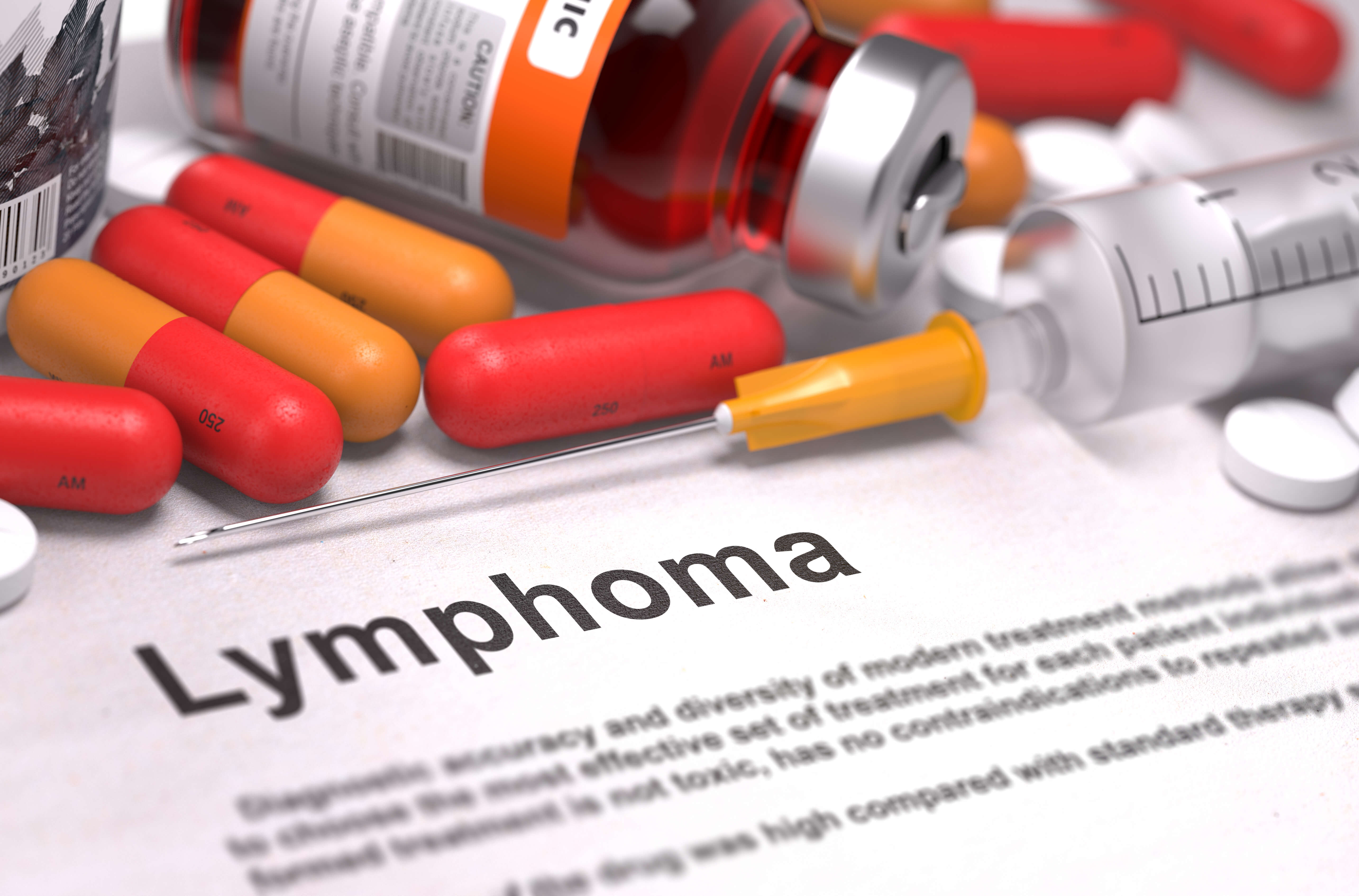Lymphoma and Stem Cells
A lymphoma is a cancer that originates in the lymph glands or other organs of the lymphatic system. There are many different variations of the disease but the two main types are Hodgkin lymphoma (HL) and non-Hodgkin lymphoma (NHL).[1]
Lymphomas are rare; in the US, approximately 8,720 cases of Hodgkin[2] and 80,350 cases of non-Hodgkin lymphoma will be diagnosed in 2025.[3]
The condition can be treated in a number of ways including: chemotherapy, radiation therapy, biologic therapy, and stem cell transplant.[4]
Lymphoma Facts
- Around 1 in 5 HL cases occur in children, teenagers and young adults (up to age 24) [5]
- 1 in 10 HL are diagnosed in people aged 75 and over [2]
- HL death rates in the US have fallen by 62.5% over the last forty years [2]
- NHL survival is improving and has increased by 25% in the last 20 years in the US [3]
- NHL (all subtypes combined) accounts for more than half of lymphomas diagnosed in children. It accounts for around a third of lymphomas diagnosed in teenagers and young adults [6]
- Around 19,390 people are estimated to die from NHL (all subtypes combined) in 2025 in the US, that is 53 every day [3]
Lymphoma and Stem Cells
In cases where high doses of chemotherapy and radiotherapy are used to kill lymphoma cancer cells, a stem cell transplant is used to replenish blood-forming stem cells which may be lost during the treatment.
While both autologous and allogeneic stem cell transplants can be employed to treat HL and NHL, autologous transplants tend to be the preferred option.
Stem cells already play a vital role in the treatment of lymphoma and their role could be amplified further still. At the time of writing there are 1233 clinical trials investigating the role of stem cells to treat the condition.[7]
References
- http://www.cancerresearchuk.org/about-cancer/type/lymphoma/
- https://seer.cancer.gov/statfacts/html/hodg.html
- https://seer.cancer.gov/statfacts/html/nhl.html
- http://www.lymphomafacts.org/site/c.gtJSJbMUIuE/b.1268805/k.16F1/Lymphoma_Treatments.htm
- http://www.cancerresearchuk.org/health-professional/cancer-statistics/statistics-by-cancer-type/hodgkin-lymphoma#heading-One
- http://www.cancerresearchuk.org/health-professional/cancer-statistics/statistics-by-cancer-type/non-hodgkin-lymphoma#heading-One
- https://clinicaltrials.gov/ct2/results?term=lymphoma+stem+cell&Search=Search
- Frontiers in pediatrics, 7, 443. https://doi.org/10.3389/fped.2019.00443
- Lancet (London, England), 399(10322), 338–339. https://doi.org/10.1016/S0140-6736(22)00057-5
- Lancet (London, England), 399(10322), 372–383. https://doi.org/10.1016/S0140-6736(21)02017-1
The information contained in this article is for information purposes only and is not intended to replace the advice of a medical expert. If you have any concerns about your health we urge you to discuss them with your doctor.


